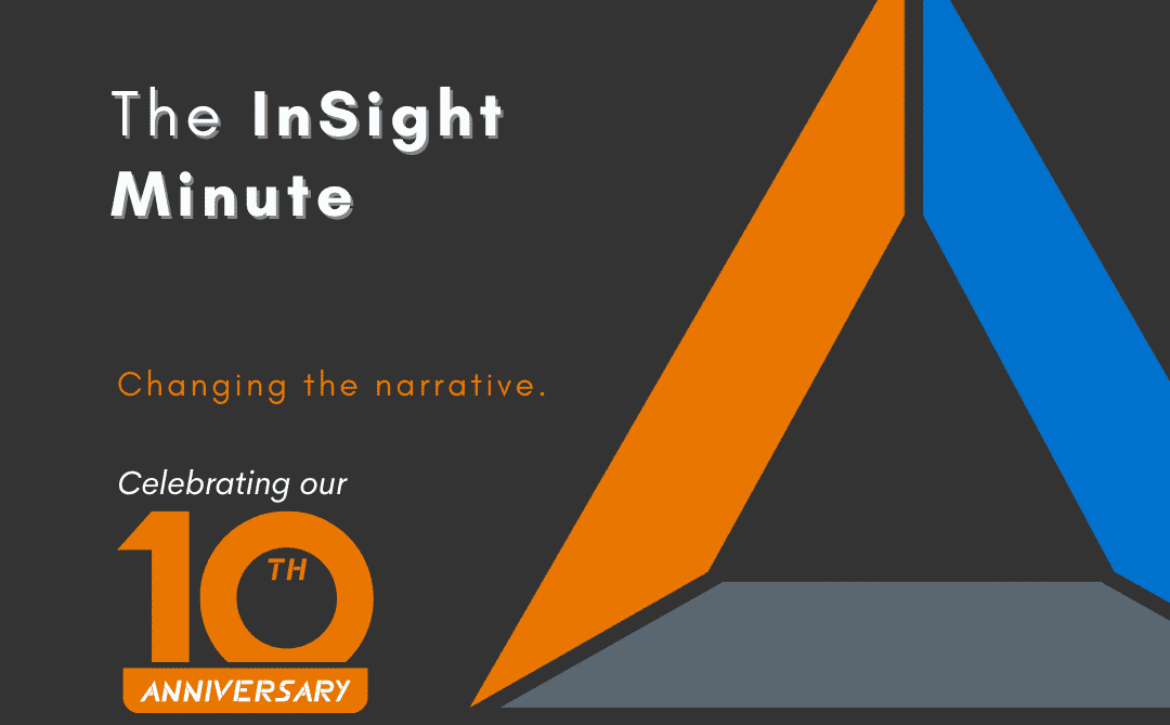Year End Reporting – How’s it Going?
Since the middle of December, I’ve been hearing from our clients and prospective clients that they’re undertaking the annual rite of year-end reporting. Interestingly, this year I’ve heard from more of our prospects as to what a challenge this has become for them:
- trying to gather data from all of their projects which is often captured differently by different people on each project;
- putting together and sharing this year’s report format and requirements;
- getting clarity around what is being measured and what counts – local spend, DBE spend, clarifying wage requirements, etc;
- were all of our subcontractors compliant with any/all wage requirements;
- wrestling with the manual capturing of all of that data and getting it entered error-free into an array of spreadsheets;
- and, finally, could we actually defend the data that we’ve collected if a client asked us for more detail?
These are just a few of the items that I’m hearing. One of the real challenges is that this pain of year-end reporting is felt just that one time, and while it’s ugly, most people in your organization try to forget about it as quickly as possible, until the dread begins to rise at the beginning of Q4 next year.
What if you could simplify the process for year-end reporting, while simplifying collection and reporting efforts throughout the year, and getting your entire team and projects on the same page?
Whether it’s as simple as ensuring compliance with prevailing wage or tracking the MWDBE spending within all of your subcontracting tiers through all of your projects in a standard way – that’s where SkillSmart’s InSight platform can help and provide a solution that can be utilized throughout the year – weekly, monthly, quarterly – to manage to your goals. This also includes ways that our InSight platform can produce customized reporting, based on who you’re reporting to or what else you will need to report on.
Now is the time to look for a solution – when the frustrations are real, and you know exactly what challenges your team has faced in addressing the 2023 year-end reports, or even if you need to talk through the challenges your team has faced and walk through our demo with one of our team members.
Fortunately, we have heard from a number of our clients whose lives have become much simpler at this time of year and only have to confirm that the required data is in the system for all of their projects, and then generate their reports with standard and reliable outcomes.
Share your year-end reporting experience with us, and we can explore how InSight can transform your project tracking, making 2023 the final year your business tackled reporting challenges. Allow us to assist you in streamlining your efforts to convey the positive impact of your projects within the communities and markets that you serve.
Wishing you a successful 2024 from the SkillSmart Team!
— Mike Knapp, CEO & Co-Founder, SkillSmart
Learn More




 One of the ongoing themes of these weekly blogs is the fact that the current college system is broken.
One of the ongoing themes of these weekly blogs is the fact that the current college system is broken.
